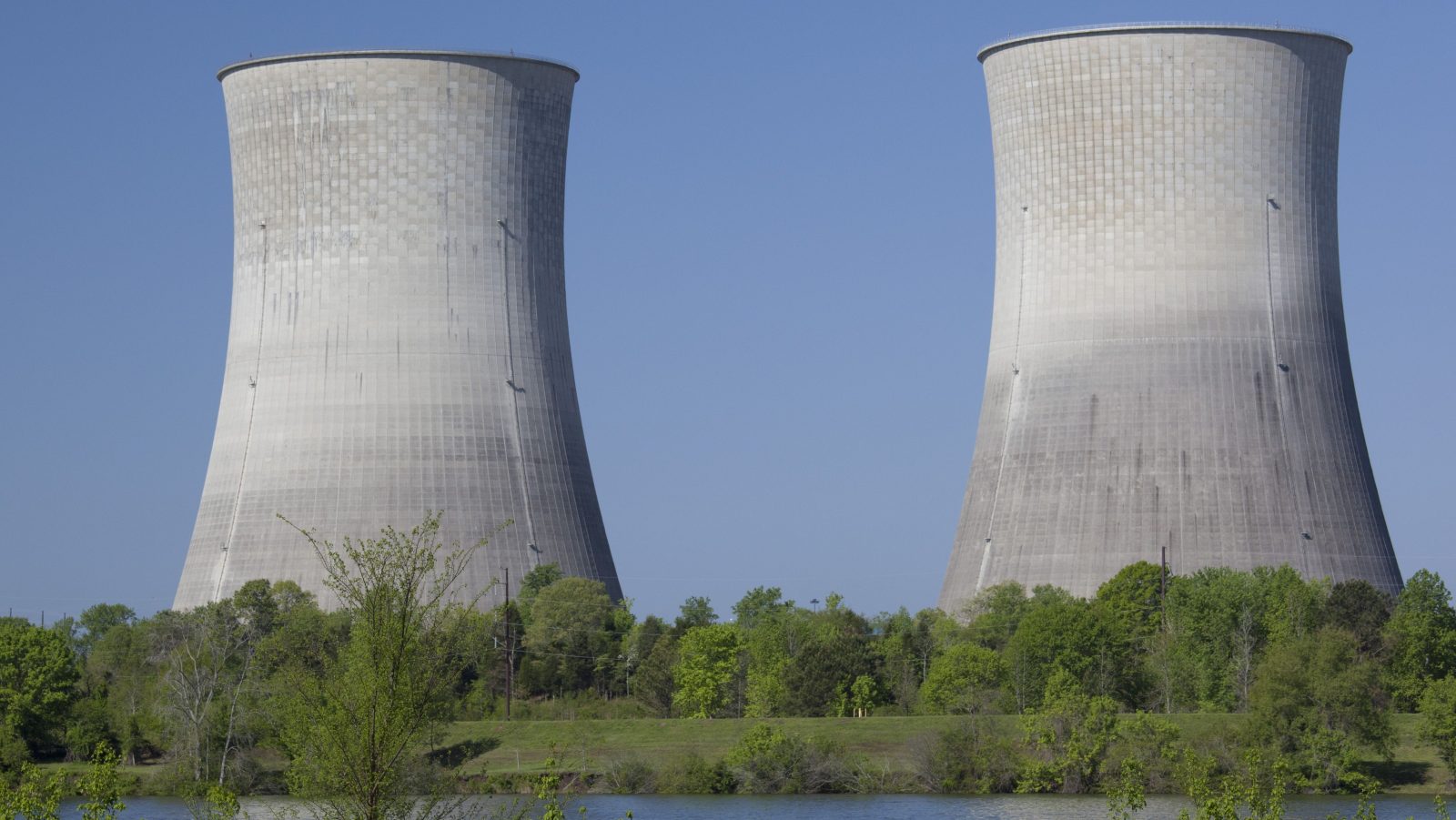Now Reading: Supreme Court Verdict May Redefine Environmental Accountability for Agencies
-
01
Supreme Court Verdict May Redefine Environmental Accountability for Agencies
Supreme Court Verdict May Redefine Environmental Accountability for Agencies

Quick Summary
- The U.S. Supreme Court is set to decide on seven County Infrastructure Coalition v. Eagle County,Colorado,which could alter environmental review requirements under the National Environmental Policy Act (NEPA).
- At issue is a proposed 88-mile railway connecting Utah’s Uinta Basin oil reserves to refineries along the Gulf Coast.
- Environmental groups and officials from Eagle County, Colorado, claim the federal Surface Transportation Board failed to adequately address pollution and climate impacts in its approval of the railway under NEPA standards.
- In 2023, the D.C.Circuit Court found “numerous NEPA violations” and ruled in favor of challengers.
- The Supreme Court decision could limit what environmental harms agencies must consider during reviews, possibly changing decades-old precedents for infrastructure projects like pipelines or railways.
- Developers argue agencies should only review impacts directly under their authority that are not “remote in time and space,” such as effects on communities thousands of miles away or greenhouse gas emissions.
- Critics say reducing environmental considerations would harm vulnerable communities already affected by climate change or industrial pollution.
- Legal experts predict a likely ruling favoring railway developers but suggest it may fall short of excluding all debated impacts entirely.
Indian Opinion Analysis
The Supreme Court’s impending ruling carries substantial implications for India’s approach to infrastructure advancement and environmental policies. As India continues its own large-scale projects-such as rail networks expansion and energy transition efforts-the case underscores critical lessons about balancing economic growth with ecological sensitivity. A decision limiting NEPA’s scope may encourage faster project approvals but runs the risk of downplaying meaningful downstream effects like carbon emissions.
For India, adopting similar frameworks must emphasize clarity and accountability while ensuring marginalized groups have access to procedural safeguards against potential fallout from large-scale developments. Simplifying regulatory processes without adequate checks can create long-term risks for both ecosystems and vulnerable populations-echoing concerns raised globally over weakening environmental oversight mechanisms.
Moreover, India’s leadership in renewable energy deployment might benefit from contrasting policy approaches elsewhere-for instance, maintaining stringent evaluations ensures continued public trust even amidst rapid progress toward ambitious goals such as net-zero targets.
Read more: Click here























